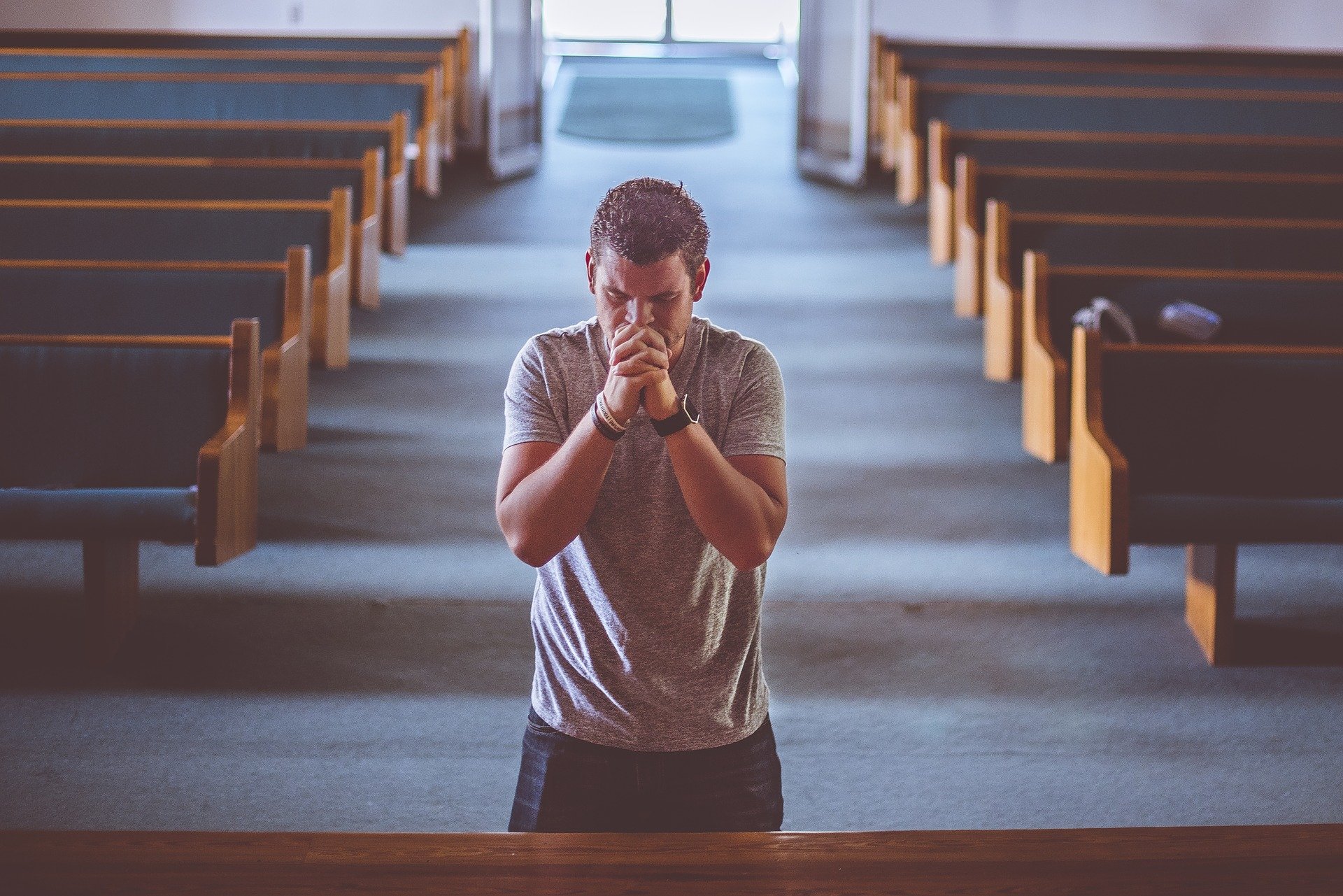If My People…
(Image by Pexels from Pixabay)
In last week’s column, we compared the choices of punishment David was offered by God and current events.
David was offered the choice between famine, military defeat, and pestilence (disease). In the here and now, a pandemic has spread worldwide for nearly two years, and America recently suffered military embarrassment in Afghanistan. The only thing left on the list is famine. With the experts pointing at coming double-digit inflation, the supply line problem, and the possible passage of a law that would triple meat prices, the equation is ripe for widespread hunger.
The column’s purpose was not to encourage everyone to stock up on ammunition and buy years worth of dehydrated food. The column actually intended for people to consider the possibility that judgment is upon the nation. Without the proper spiritual intervention, worse things are on the horizon.
So, what do we do?
2 Chronicles 7:14, “If my people, which are called by my name, shall humble themselves, and pray, and seek my face, and turn from their wicked ways; then will I hear from heaven, and will forgive their sin, and will heal their land.”
The answers to the nation’s problems do not rest in a political party or an upcoming election, or a particular candidate. The solution to our woes is God. What saddens my heart is that many Christians will quote the verse above, but few understand the depth of its meaning.
We will look, in-depth, at several phrases of the verse.
“If my people” – Christians are God’s people. He owns us. Twice we are explicitly told in the New Testament we are “bought with a price.” Several other times, we are told the same thing with different wording. The price God paid for us is the blood of His Son (2 Corinthians 6:20, 7:23; 1 Peter 1:18-19). Many Christians today live as if God is there only to help them through their problems. Yes, God does help us in times of difficulty, but we belong to Him. We are here to accomplish His will. Without a mindset that we are here for His purpose instead of He is here for ours, the rest of 2 Chronicles 7:14 is nearly impossible to accomplish.
“Which are called by my name” – Believers were first called “Christians” in the city of Antioch (Acts 11:25-26). The word Christian means “Christ like one.” “Christian” was not a self-proclaimed label. The believers in Antioch were called “Christians” by the townspeople because of the remarkable resemblance they had with Christ. Not His physical features, but His character. We call ourselves Christians, but do we deserve the title? If someone were to describe you, would the word “Christian” come up?
“Shall humble themselves” – How humble are American Christians? Which do we do more – argue about the color of the soon-to-be-purchased carpet, or pray for each other? Isaiah only needs a glimpse of the throne room before he is on his face before God lamenting his sinfulness (Isaiah 6:1-5). Humility is the first step in revival. Humility is not an “I’m not all that bad” attitude. Unless a person is willing to admit they have fallen short, there is a belief that revival is not needed. In other words, “If it ain’t broke, don’t fix it.” Also, humility is not pointing the finger at others and saying they are the problem.
In the Bible, when revival came to Israel, they always “confessed the sins of their fathers.” In humble prayer, Israel brought to God sins committed by generations before. Yes, today’s Christians had nothing directly to do with America taking the Bible and prayer out of schools (two examples of national sin), but how many of us are confessing those sins to God? National humility deals with the sins of the country, regardless of our individual involvement.
“And pray” – Prayer has become Aladdin’s lamp to many Christians. The only time they talk to God is when they need something. Daniel chapter ten is an excellent chapter about prayer. “Mourning” is the word used to describe Daniel’s attitude while in prayer. He was praying from deep within his heart. God sends an angel to answer Daniel’s prayer, but a demon confronts the angel on the way. Unable to defeat the demon, Michael the Archangel is sent to help. The angles eventually win the struggle. In all, it takes the angel twenty-one days to get to Daniel.
What if Daniel had stopped praying after eighteen days? It was Daniel’s heart attitude in his prayer that prompted God to send help. Is your prayer life something from the heart, or are you reading God a list? Do you go to God first, or as a last resort? Our heated emotions because of the days we live need to be turned more toward bending our knees in prayer, where our voices can make real change.
“Seek my face” – Looking for his will, which takes us using our bodies to live righteously, and a renewing of the mind to think more in the way God thinks (Romans 12:1-2).
“Turn from their wicked ways” – Get sin out the door. The turnaround begins with faith. Without faith, it is impossible to please God (Hebrew 11:6). It also involves a greater love for God on our part. How much we love God is a direct barometer of how much we sin. John 14:15, “If ye love me, keep my commandments.”
“Then I will hear from heaven and heal their land.” God’s promise. 2 Chronicles 7:14 is an if-then clause, “If my people…then I will hear…”
Christians of America. Are we ready; are we able to fulfill our part of this process?
We call ourselves Christians – let us act like it.
* * * * *
With houses of worship still under restrictions across much of the nation, the editors of the Baltimore Post-Examiner are inviting an array of spiritual teachers to share insights from the ages along with words of comfort and encouragement. These timely messages are not exclusive to any particular faith walk and will be included in our ongoing Spirituality series.

Preacher Tim Johnson is Pastor of Countryside Baptist Church in Parke County, Indiana. His weekly column “Preacher’s Point” may be found at: www.preacherspoint.wordpress.com

